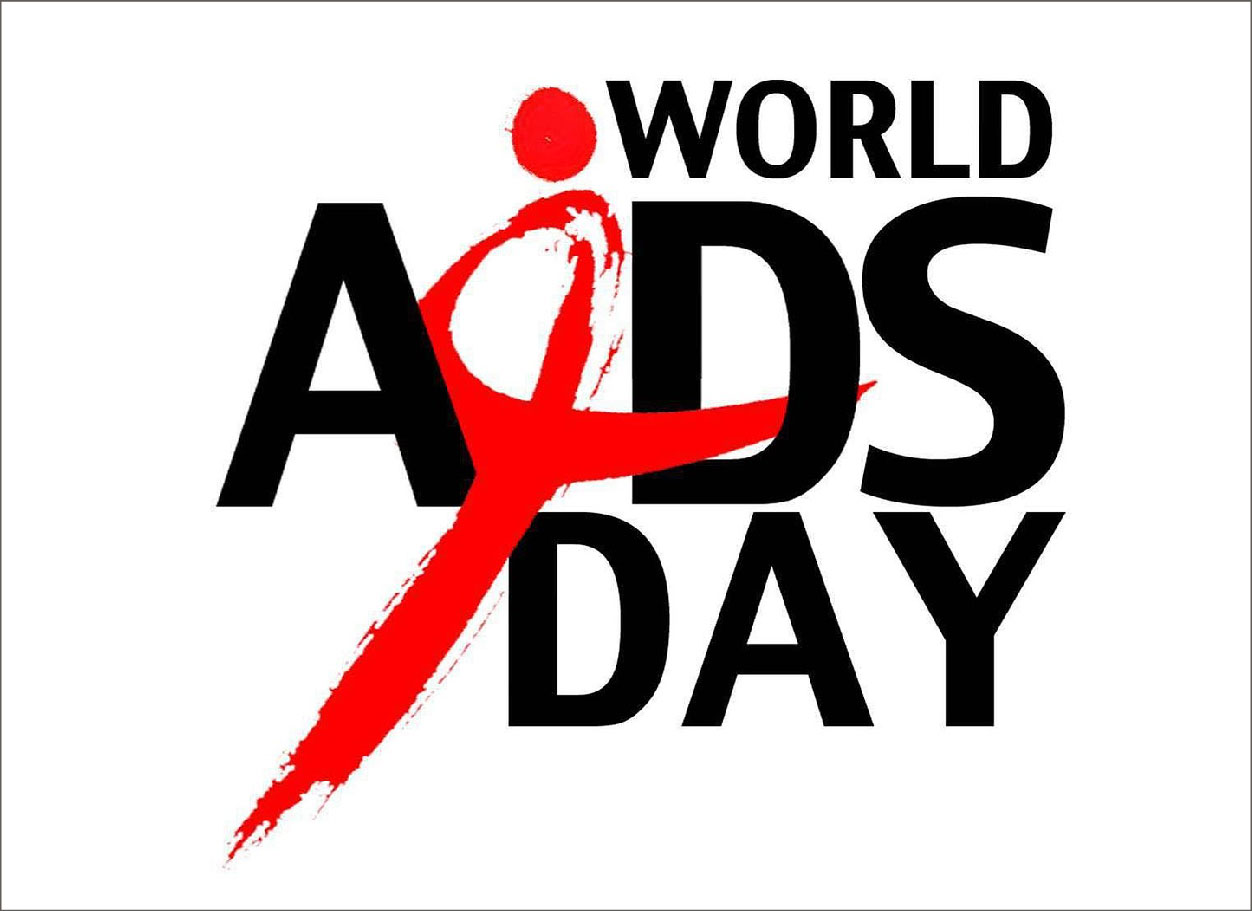These days having HIV doesn’t necessarily mean a death sentence. With the right treatment and care, HIV infected people can expect to live as long as people who don’t have disease.
- Taking antiretroviral treatment
Once the diagnosis has been done the first step to taking care of one’s self and keeping the immune system strong is to start with antiretroviral treatment (ART). Although the treatment will not cure HIV, it will keep the virus under control.
Once started, it is important to that the drugs be taken regularly as prescribed – which usually means every day at the same time. Skipping doses, or taking it at different times each day will stop it from working effectively to protect the immune system.
- Eating healthily
Eating a balanced diet without too much processed fat, sugar or salt is advised. This will also help the body to absorb the treatment and fight off everyday infections.
- Exercising regularly
Some people who are living with HIV lose muscle mass and strength. Exercising regularly helps prevent this. Exercise also reduces feelings of stress and symptoms of depression. It also builds muscle, keeps bones strong, the heart healthy and burns fat.
- Do not drink a lot of alcohol and do not take drugs
Drinking too much alcohol and taking recreational drugs weakens the immune system, which means the treatment will not be as effective as it should be.
Also, combining the ART treatment with alcohol and drugs may result in unwanted side effects (or more intense side effects), such as dizziness and passing out, making the patient potentially vulnerable.
- Managing stress and getting support
Looking after the mental wellbeing and emotional health is just as important as taking care of the body.
Finding out the HIV status can be a shock, and a person may take time to adjust. Talking to friends and family, and other people living with HIV, can help when things get difficult.
- Regular Check-ups
Checking in with a healthcare professional regularly is also important. They monitor for other health conditions, which a patient may experience and adjust treatment as needed.
Teeth and mouth complaints are more common among people living with HIV. Regular brushing, flossing and seeing your dentist can lower the risk of cavities and mouth infections.
Source: Avert (Global information and education on HIV and AIDS)


